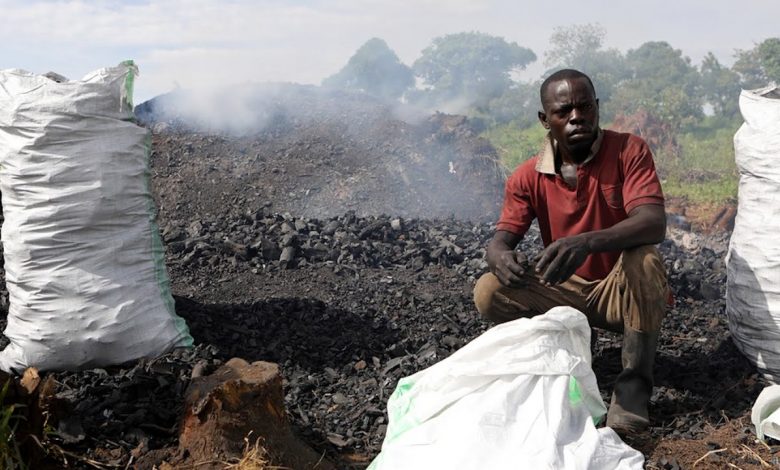Introduce renewable energy to help people transition away from charcoal burning
The government should encourage the use of renewable energy sources such as clean cooking stoves, biogas, or solar energy that are designed to be more efficient.

By Olive Atuhaire
Dear Editor,
The media reports that ever since President Yoweri Museveni issued an executive order banning charcoal burning and trade in Northern and Northeast Uganda, people are complaining of a charcoal crisis. The price of charcoal has also risen. This is affecting mostly the poor and vulnerable people who mostly use charcoal to cook since they cannot afford expensive electricity.
One of the residents, Tony Musisi, a charcoal businessman in Sentema-Mengo, told the media that since the ban, charcoal prices have leapt from Shs55, 000 to Shs80, 000 per bag. He added that with the approaching Christmas season, the situation will worsen. He predicts that prices may even double.
He furthermore added that after the ban on charcoal, the government did not offer any alternative to people. It is believed that more than 95 percent of the population in Kampala and other urban areas depend on charcoal. Other options like electricity are not affordable since the tariffs are high.
Some people mostly the vulnerable and the poor are not aware of other alternatives like briquettes, clean cooking stoves and others. The government has not sensitized and educated people about energy alternatives.
The government should encourage the use of renewable energy sources such as clean cooking stoves, biogas, or solar energy that are designed to be more efficient.
Renewable energy, as a substitute for charcoal, produces fewer emissions compared to traditional cooking methods. This can be done through awareness campaigns, subsidies, or incentives for adopting these alternatives.
Implementing and enforcing regulations on charcoal production, distribution, and usage can help control the crisis. This may involve setting limits on charcoal production, ensuring sustainable harvesting practices and monitoring the supply chain to prevent illegal activities.
Introducing renewable energy to people will make an excellent showcase for the benefits of energy transition since it is a centre of innovation.
It will provide people with an on-site learning experience of how to be creative in terms of solving energy issues and help the country get clean, affordable and sustainable energy services, end energy poverty and reduce the use of fossil fuels without the use of charcoal.
This will help people get rid of charcoal burning and the crisis hence improving their standards of living.
The government can also play a role in raising awareness about the environmental and social impacts of the charcoal crisis. Educating the public about sustainable practices, the importance of forests, and the benefits of alternative energy sources like renewable energy can help drive behavioural change.
The government should also engage with relevant stakeholders, such as local communities, NGOs and international organizations to foster collaboration in making awareness of renewable energy by sharing knowledge, resources, and expertise to address the charcoal crisis collectively.
Lastly, the government needs to consider introducing energy alternatives like renewable energy which is clean, affordable, accessible, sustainable and cheaper for all people to use especially the poor and the vulnerable.
A combination of these options, tailored to the specific needs of the population can help reduce reliance on charcoal burning and charcoal crisis in Uganda.
Olive Atuhaire is a Research Associate. Email: atuhaireolivia72.ao@gmail.com







